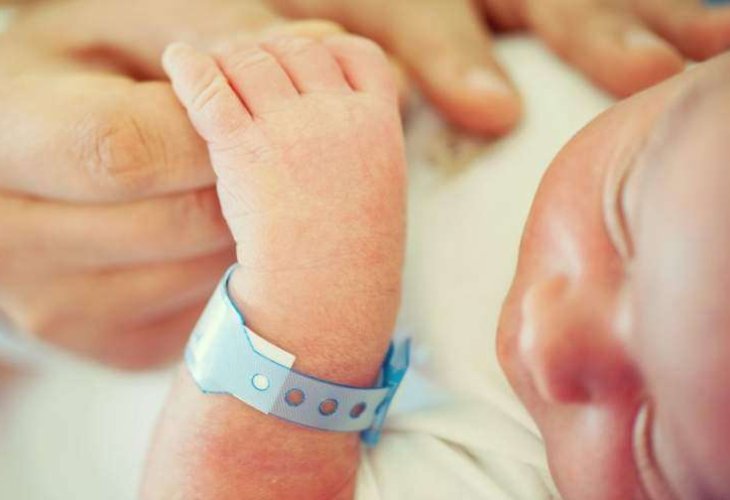Depression and Anxiety
Postpartum Depression: Signs, Causes, and Support
Understanding the emotional load on new mothers, recognizing when it’s more than just baby blues, and the importance of early intervention and self-care
 (Photo: shutterstock)
(Photo: shutterstock)As wives and mothers, countless expectations are placed on women. We must keep the house clean, cook nutritious meals, care for the children, remember dentist appointments, do the laundry, give personal attention to every child, handle leaks and runny noses, wash dishes, pay bills, do the shopping, remember birthdays, host guests, make sure the kids don’t leave without a sweater, bake cakes for the neighbors, clean for Passover, find that second shoe stuck under the couch, and the list goes on.
The poem “Eshet Chayil” (Woman of Valor) that is sung on Friday night, highlights the many roles a Jewish woman carries. It’s a heavy load, even in the best circumstances, and even for “superwomen”. When a new baby is born, the verse “she rises while it is still night…” becomes a tangible reality, leaving a mother with very little sleep, a flood of hormones, and a deficiency in iron, calcium, and more. It's clear that it is simply impossible to maintain all these commitments perfectly. The result can be frustration, or even depression. Some women pass through the baby blues quickly, but for others, things get harder, and they may suffer from postpartum depression.
Postpartum depression can begin right after birth or even up to six months later (or more). Sometimes, a woman doesn’t experience depression until she expects to feel “back to herself”. When she realizes that a significant amount of time has passed since birth, and she still hasn’t recovered, and the expectations (even her own) exceed what she can handle, she is emotionally at risk. In such a case, it’s critical for her to show herself compassion and embrace a high degree of patience.
Women with postpartum depression may feel sad, empty, tearful, angry, fearful, or anxious. The biological roots of the condition include lack of sleep, poor nutrition, hormonal fluctuations, changes in brain chemistry, and deficiencies in essential vitamins and minerals consumed during pregnancy. Women who experienced significant challenges before the baby arrived are at higher risk- such as those dealing with marital stress, parenting struggles, financial worries, a difficult childhood, lack of a strong support network, or other high-stress life circumstances.
The good news is that postpartum depression is one of the most treatable emotional conditions. If it’s caught early, a woman can recover and return to herself relatively quickly. All standard treatment options can be helpful, but having a strong support system is especially important to navigate the many challenges.
About 70% of women experience mood swings or sadness after childbirth. If this lasts just a few days, it’s completely normal and usually resolves without treatment. If however it lingers, don’t hesitate to seek help. Children whose mothers suffered from untreated postpartum depression often struggle later in life.
You are the foundation upon which the entire home stands. Make sure to care for yourself, as only then can you care for your baby and your family, and also enjoy the incredible gift you’ve received.
Shalvi Waldman M.Sc. is a psychotherapist who works with girls, women, and couples.

